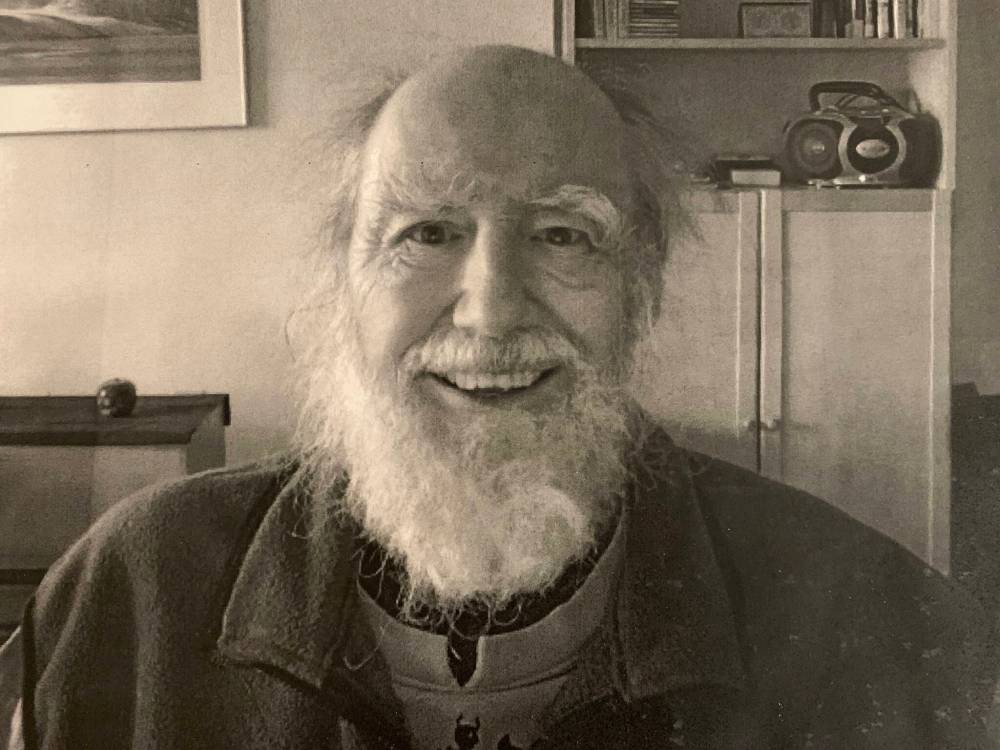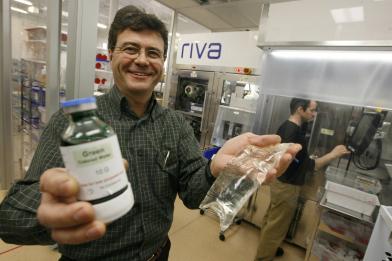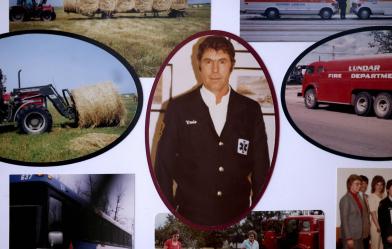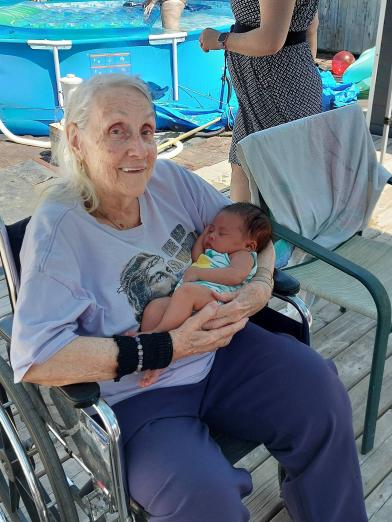A Life's Story
December 09, 2023
Shining star in astronomy show
Martin Clutton-Brock went to great lengths to bring science to life for his captivated, delighted students at the University of Manitoba
By: Janine LeGal
Astronomy students at the University of Manitoba in the 1970s, ’80s and ’90s could never be certain who would be teaching their class on a given day.
It might have been Prof. Martin Clutton-Brock, but it could, just as easily, have been Galileo.
That was one of the reasons Clutton-Brock’s classes were especially popular. Students, delighting in his depictions of famous astronomers, often responded with applause and standing ovations at the end of one of his educational performances.
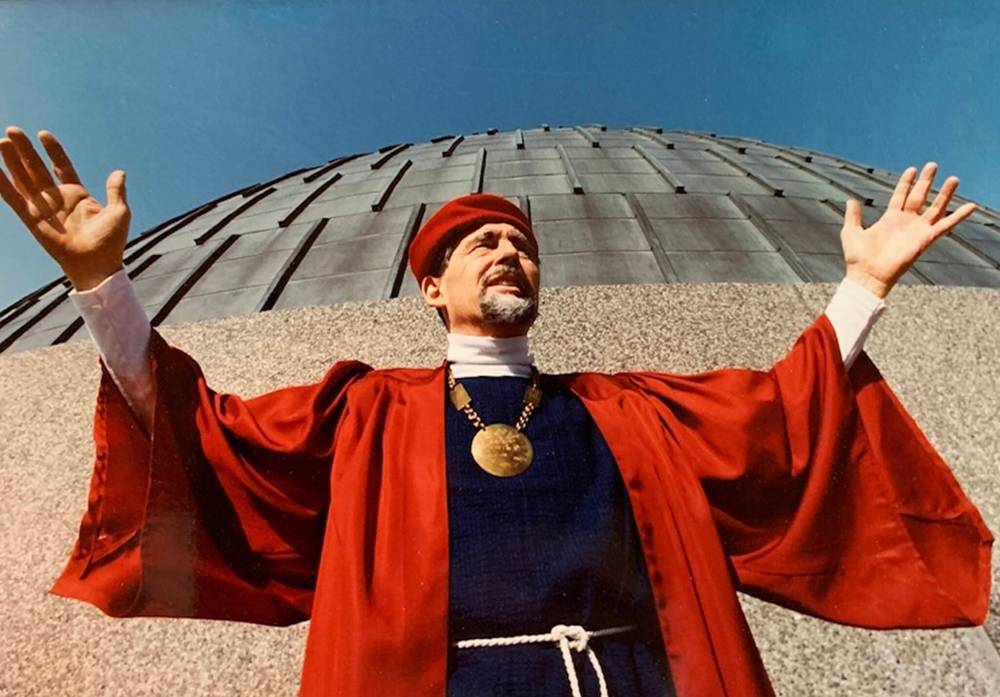
SUPPLIED
University of Manitoba professor Martin Clutton-Brock, seen here portraying the astronomer Copernicus, died in July at the age of 90.
Longtime UFO guy, science writer and educator Chris Rutkowski knew the notable professor, and took several of his classes at the University of Manitoba in the mid-1970s.
“He was, without any hyperbole, the best professor I ever had,” Rutkowski said. “I clearly recall the first-year astronomy classes when Martin showed up dressed as Galileo and (Danish astronomer) Tycho Brahe, and taught astronomy from the perspective of those historical figures, in character. He made the subject really come alive — literally. It was an amazing way to gain insight into how scientific principles were discovered.
“When we would occasionally run into one another, he always wanted me to tell him about my latest articles and books, and he was always receptive and encouraging of my own work. I had many conversations with him about astronomy and other fields of science. I read his published scientific papers and noted when his work was cited by other researchers, specifically cosmologists. In many ways, Martin made science interesting — a talent that I and others valued greatly. He will be missed.”
Clutton-Brock died July 31 at the age of 90.
Born in Bexhill, Sussex, United Kingdom, the only child revelled in playing in the garden and considered studying entomology. After attending a prestigious boarding school, he completed two years of military service in the British air force.

SUPPLIED
Clutton-Brock portraying Newton
After studying math and physics at Cambridge, he continued his education on North America’s West Coast, where he earned a master’s in astronomy in Victoria and a PhD in Seattle. He went on to collect post-doctoral degrees at Bexhill College, Newcastle University and the University of Brighton in the U.K. and at the University of Toronto.
While in a café at Brighton, Clutton-Brock and his wife Elizabeth Nicol were invited to have lunch with world-renowned cosmologist Stephen Hawking, considered to be the most brilliant theoretical physicist of all time.
Clutton-Brock was in awe of Hawking — who revolutionized the field of physics through his work on the origin of the universe and the black hole explosion theory — as they shared ideas during the lunch meeting, about the beginning of the universe. Like Hawking, Clutton-Brock had a soaring intellect, an intense curiosity about the world and a playful sense of humour.
Shauna Coons, Nicol’s cousin, remembers him as being passionate about his work.
“He had so many books. At least half of the thousands of books were about astronomy and the stars, the science of the universe, the big bang theory — all of those things really interested him,” Coons recalls. “He was so interesting to talk to. I found books on Leonardo Da Vinci, Michelangelo, religion, ancient peoples, humanity and young-adult books… cartoon books — at least 100 of them. He loved Calvin and Hobbes. Maybe there was some Calvin in himself that he recognized. He would tear out the cartoons; he had scrapbooks of cartoons that he liked.

SUPPLIED
Clutton-Brock at the age of four or five with Emily, his nursemaid and dog, Martha.
“He wrote and performed one-man plays portraying the astronomers Newton, Copernicus, Kepler, Brahe and Galileo, describing their lives and theories while in character. He had such a mathematical-physics-science part of his brain, but he was also very creative. He sketched, he drew — he was multi-talented.”
Both the avid reader and his wife adored the philosophy of life depicted in Winnie the Pooh. Nicol had a copy of the original children’s story. The couple also shared a commitment to vegetarianism.
Nicol remembers meeting Clutton-Brock when they were both students at the University of Victoria. “We were sort of two lonely fish. There weren’t many people in graduate school. He invited me to dinner,” she said, adding they celebrated their 56th wedding anniversary before his death.
One favourite memory involves a historical time in her husband’s country of origin.
“In Britain they’re very fond of power cuts: they’d cut power for three hours at a time,” Nicol said. “There were no traffic lights. We were in the suburb of Brighton, and we’d go right by the sea. On these days we used to scoot down from university, get across the street and onto the sea front where we could walk for miles. It was just lovely. We’d walk along there until 9 o’clock, and when the lights would come back we could cross the street.”
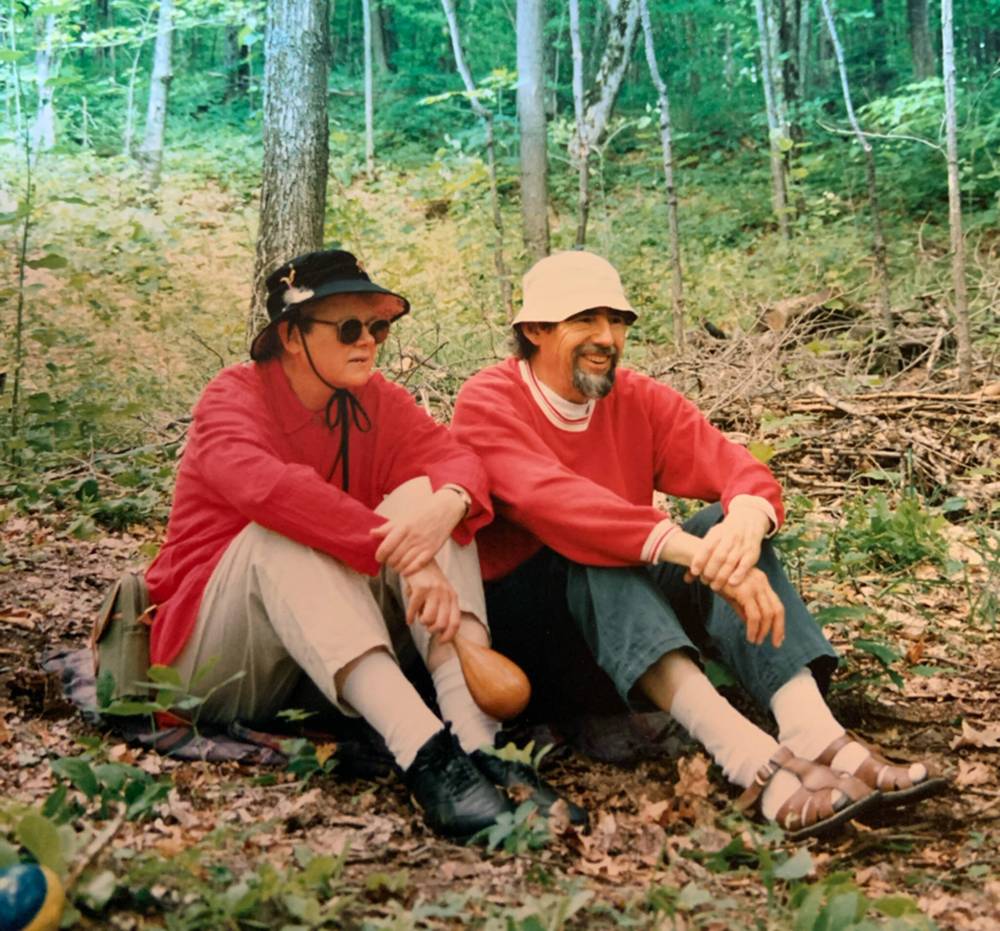
SUPPLIED
Clutton-Brock and his wife, Elizabeth Nicol, celebrated their 56th wedding anniversary.
Clutton-Brock never drove. He’d once witnessed a serious car accident, and decided he’d never put himself in a situation like that.
“He would be distracted,” said Coons. “When we would be going to appointments, Martin would say, ‘It’s a good thing that I’m not driving. The world is safer because I did not drive a car.’ And Elizabeth, who is legally blind would add, ‘But I don’t know why they didn’t give me one.’”
Kings Drive in Winnipeg became home for the couple for more than two decades when, in the mid-1970s, Clutton-Brock accepted the job at the U of M, where he taught until his mandatory retirement at age 65 in 1997.
In his later years he had been writing a graphic novel about astronomy.
“It’s one of those of children’s notebooks, written in a scribbler,” Coons said. “What he was trying to do was explain the universe in as many different functions in a simplistic format for anyone to understand. He was prepared to do rough drawings, get graphic artists to support him and he continued working on it until 2021.”
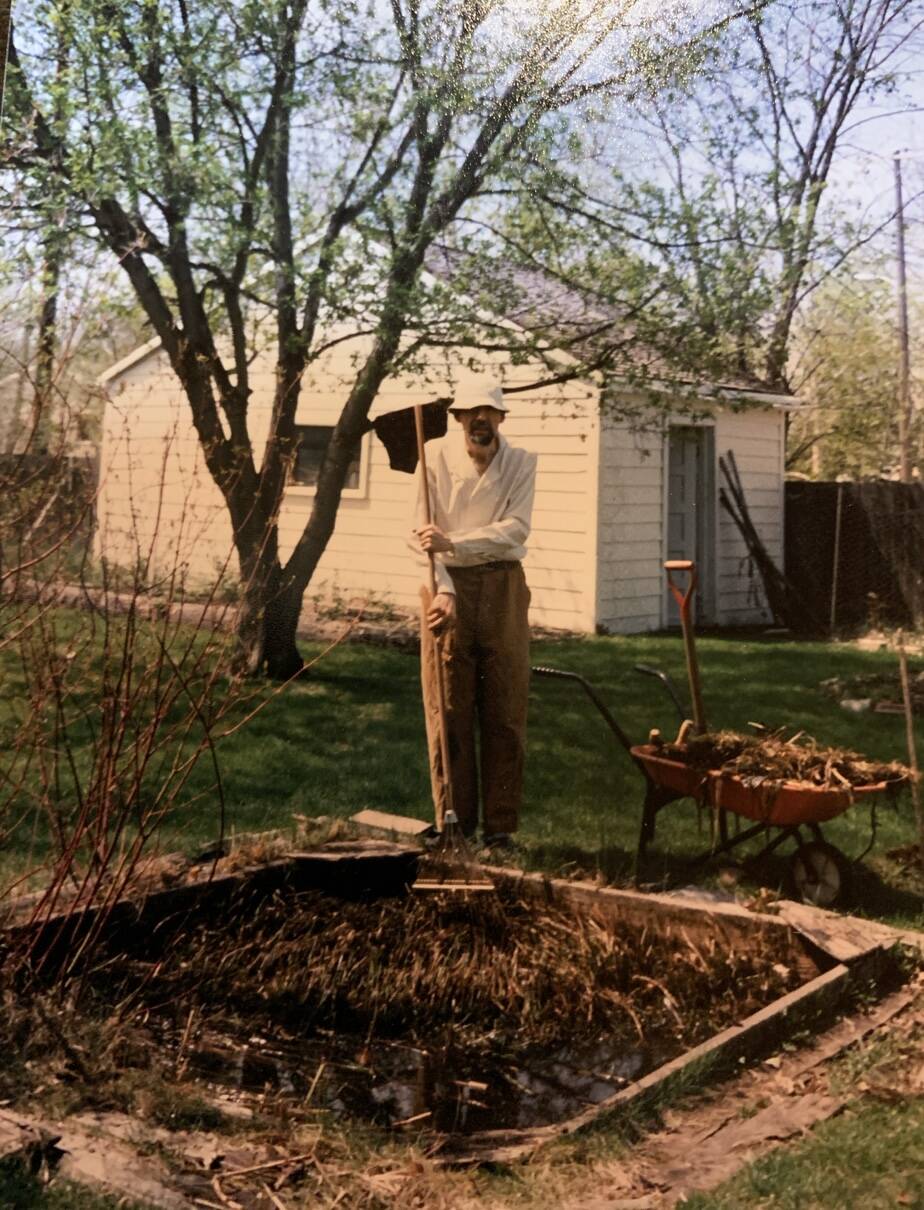
SUPPLIED
Clutton-Brock gardening at his home on Kings Drive.
He and Nicol spent the last few years living in Regina, where they had relocated to be closer to family.
“He left a legacy that was rich and vibrant,” said Coons. “He supported learning in a creative and meaningful way about topics that maybe you took as one of your electives because you had to. But if you ended up in Martin’s class, what a gift that was. He wished that retirement hadn’t been mandatory. He hated the marking, but he loved the teaching and the students, and he also loved what they could teach him. He wasn’t just a spewer of information, he appreciated the give and take of an educational institution and topics that were worthy of the next generation.”
passages@freepress.mb.ca
A Life's Story
December 13, 2025
Born to be wildly enthusiastic
Full-hearted family man, actor, photographer, teacher, motorcyclist lived life at full throttle
View MoreA Life's Story
December 06, 2025
A winning hand
Devoted matriarch made most of cards she was dealt
View MoreA Life's Story
November 29, 2025
She made life better for others
Accomplished artist, musician and entrepreneur who designed clothes for breast cancer patients always put others before herself
View More

